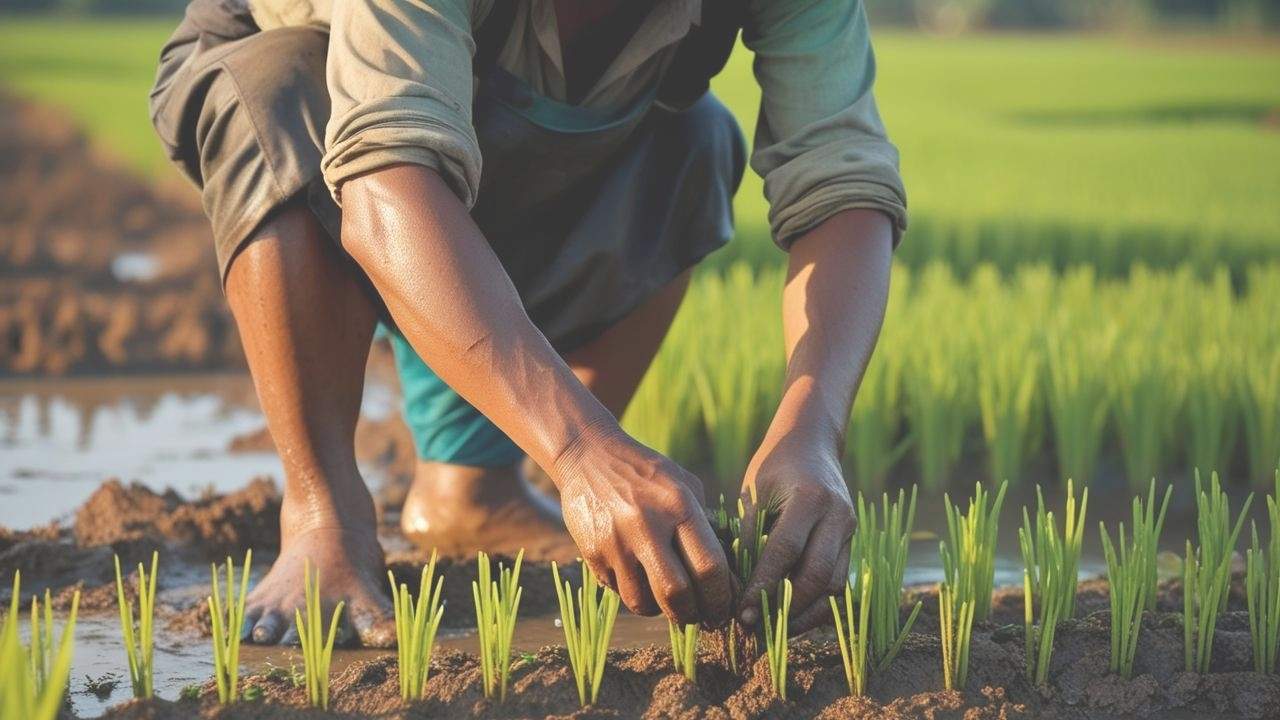Rice isn’t just food; it’s nutritional, cultural, tasty, and a daily essential for billions of people worldwide. From East India to North America and the Middle East to Europe, rice is served at every table daily. Because so many countries depend on it as a staple, the need for a steady and high-quality supply never stops.
These features make rice one of the most traded and in-demand food products globally. But meeting this growing demand requires more than farming; it requires strong exports and reliable trade partners.
Pakistan’s Role in Global Rice Supply
When looking at the list of top players in rice exports, Pakistan ranks among the top five. Known for its fragrant Basmati and flavorful Non-Basmati varieties, Pakistan continues to feed millions across the globe. Countries rely on Pakistan not just for quantity, but also for exceptional quality.
A shining example of this excellence is Meskay & Femtee, proudly serving as one of Pakistan’s Top Rice Exporters. The company has established a good name by providing organic, tasty, and premium-quality rice to customers in the Middle East, Europe, and Southeast Asia.
Despite water scarcity, climate change, and soil degradation, Pakistani exporters have earned global recognition through their commitment to sustainable farming practices.
The Current Export Landscape of 2025:
The international rice trade is changing in 2025. Pakistan’s turnaround in the export market is one of the most significant developments.
This is what is happening in Pakistan as follows:
- Market Realignment: Price-sensitive regions may increasingly source from suppliers offering lower-cost alternatives, reshaping traditional trade flows.
- Tougher Competition: Premium markets face intensified competition as major producers expand their high-quality offerings.
- Diverse Buyers: Product differentiation has become critical as buyers gain access to wider varieties of premium grains.
Key Challenges for Pakistan
The exporters in Pakistan are now facing several stumbling blocks:
- Growing Market Competition: Increased global supply, with supply chains revived in some traditional markets, creates pricing pressures across all segments.
- Lower Harvest: Environmental factors may continue to impact agricultural output, constraining export volumes this year.
- Quality Pressures: Pakistan must strictly adhere to international food safety standards, consistent quality benchmarks, and sustainable production certifications to retain entry into leading markets like the UK and EU.
Key Priorities For Exporters
- Enhancing production efficiency to offset yield challenges
- Investing in quality assurance to protect market access
- Exploring emerging markets to diversify the buyer base
Final Verdict
Pakistan’s rice exports are expected to increase this fiscal year despite the obstacles. Buyers still prefer Pakistani rice for its incredible taste, long grains, and credible quality. Basmati and non-Basmati varieties are increasingly becoming popular in various parts of the world.
With exporters like Meskay & Femtee leading the way, Pakistan is stepping up to meet global demand, bringing flavor and satisfaction to millions of plates daily with its rice.
FAQs
Q1: Why is Meskay & Femtee a trusted exporter?
They focus on quality, hygiene, and international standards, which earns them loyalty from global buyers.
Q2: Where is Pakistani rice in high demand?
In Europe, the Middle East, Africa, and Southeast Asia.
Q3: What makes Pakistani Basmati special?
It has a long grain, a rich aroma, and a soft texture, which makes it special.
Q4: Are there any eco-friendly efforts by Pakistan in rice farming?
Yes, several exporters, including Meskay and Femtee, are adopting water-saving approaches and sustainable measures.


Leave a Reply